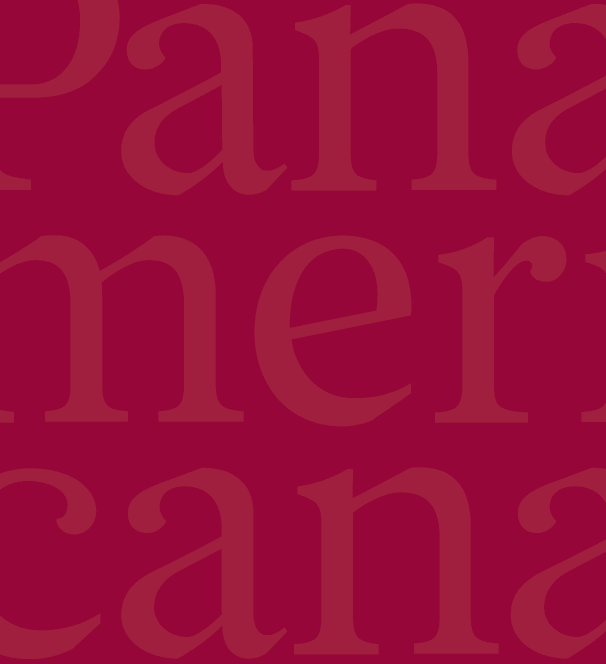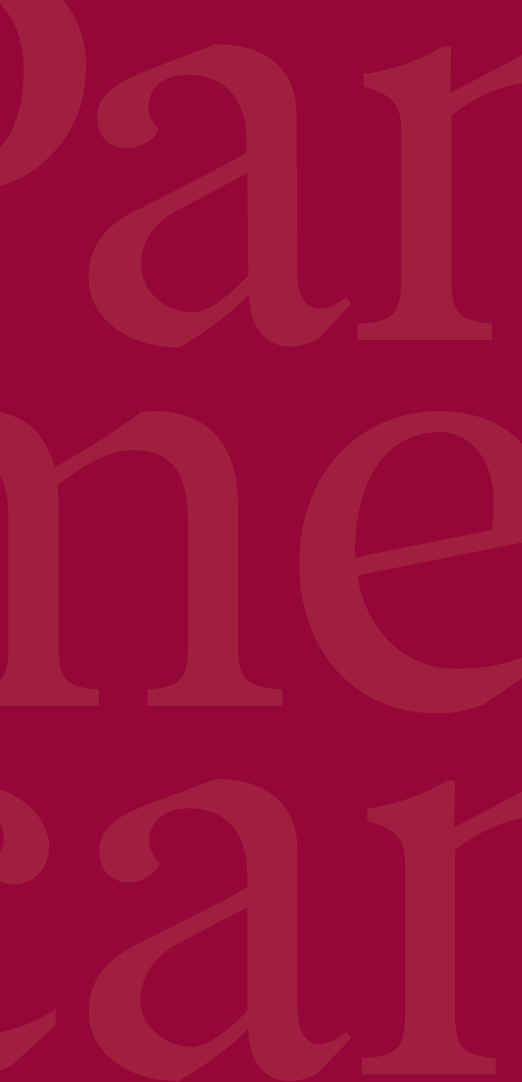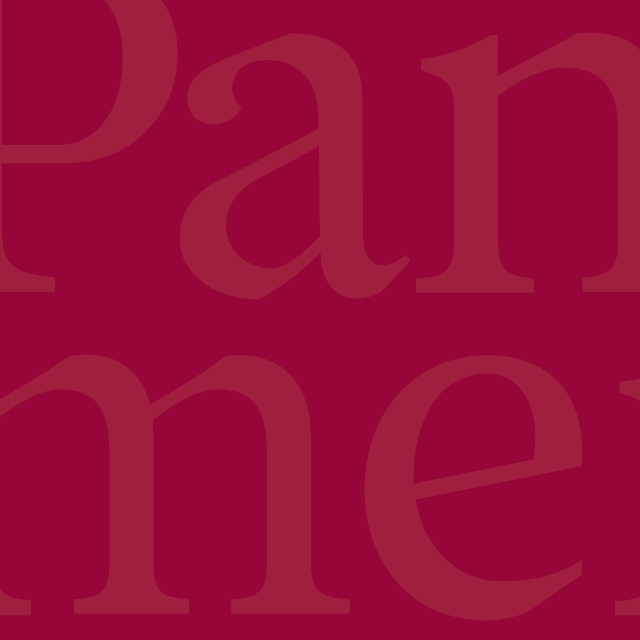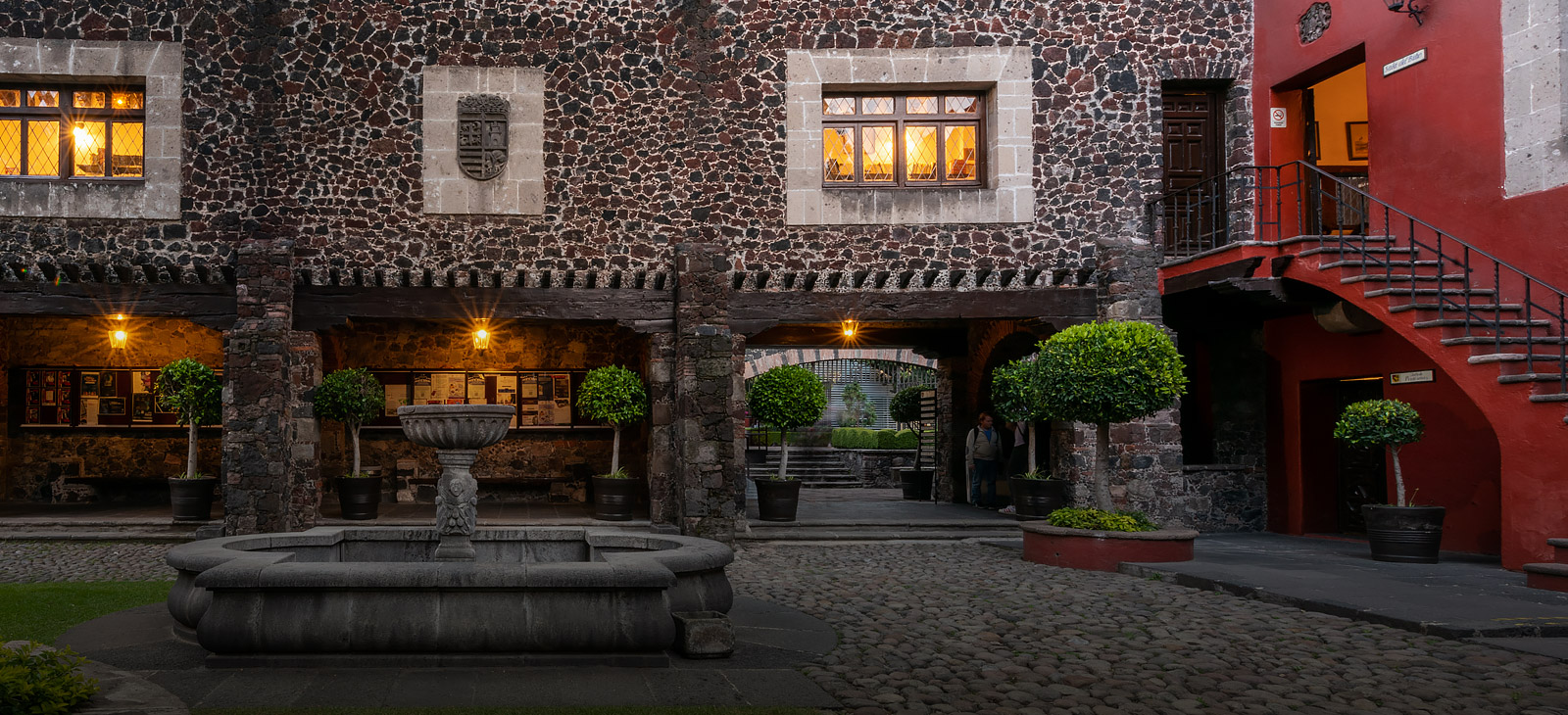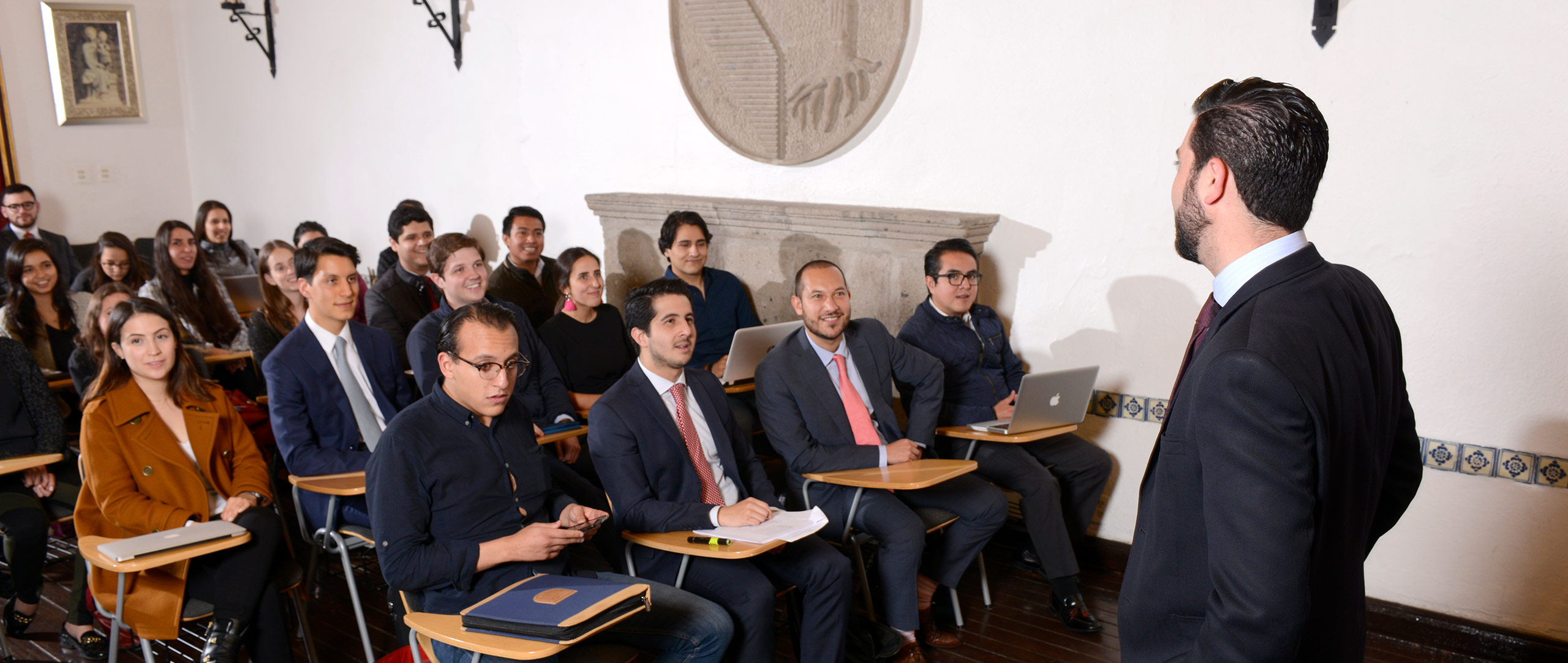
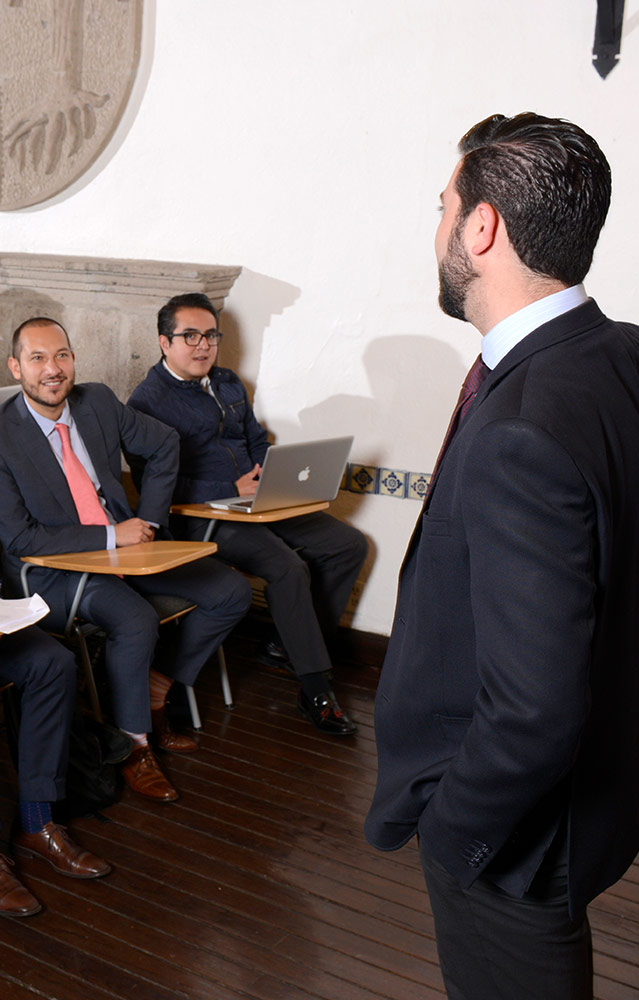
Governance Program
In the Bachelor's Degree in Government we train leaders for Mexican society who have a high quality technical capacity along with a strong ethical commitment. We seek to create professionals who understand the social and political reality of the country and who contribute to create a better world through politics and social leadership that reflects the interest in human beings and their welfare.
Our graduates work in the public and private sectors: in the Executive and Legislative branches, in autonomous constitutional bodies, in social institutions, in NGOs, in international organizations, in companies, in private associations and many others, always maintaining impeccable morals and exemplary performance, becoming the leaders that Mexico needs.
Main Certifications
This program allows a double degree with the Bachelor's Degree in Economics if an additional year is studied.
RVOE
SEP 20210683 dated 4/22/2021, plan 2020, school-based modality, UP City site.
ENTRY PROFILE
Students with a strong social conscience, interested in politics, economics and law, with international projection and commitment to society.
- Leadership skills
- Interest in social welfare
- Approach to politics
- Assertive debating skills
- Commitment to truth and the common good
GRADUATE PROFILE
The ideal government graduate cares about the welfare of others. They dedicate their work to creating a better society. They are leaders in their field of work, whether in the public or private sector, but always keeping in mind, as their main objective, human development.
Maintains a personal and professional performance of the highest quality, without neglecting the moral formation that distinguishes our university.
His in-depth knowledge of economics, law and politics opens up a wide range of career possibilities.
FIRST SEMESTER
- History of Culture
- Oral and Written Communication
- Advanced Algebra
- Introduction to Microeconomics
- Socioeconomic and Political History
- Introduction to the study of law
- Logic
SECOND SEMESTER
- Person and Society
- Political Systems
- Differential Calculus
- Microeconomics
- Integral Economy
- Constitutional Theory
- Rhetoric and Argumentation
THIRD SEMESTER
- Ethics
- Elective I
- Elective ll
- Macroeconomics
- Elective III
- Mexican Constitutional Law
- Political Communication I
FOURTH SEMESTER
- Theological Anthropology I
- International Policy
- Elective IV
- History of Economic Thought
- Elective V
- Mexican Federal System
- Justice and Human Rights
- Elective VI
FIFTH SEMESTER
- Theological Anthropology II
- Political Philosophy I
- Elective VII
- Public Economics
- International Trade
- Fundamental Rights in Mexico
- Political Discourse Workshop
- Elective VIII
SIXTH SEMESTER
- Social Philosophy
- Political Philosophy II
- Elective IX
- Elective X
- Elective XI
- Public Administration Law
- Elective XII
- Elective XIII
SEVENTH SEMESTER
- Man and the Contemporary World
- Professional Practice Seminar I
- Elective XIV
- Institutional Economics
- Elective XV
- Administrative Act
- Elective XVI
EIGHTH SEMESTER
- Elective XVII
- Professional Internship Seminar II
- Government Action I
- Agreement Construction I
- Strategy and Negotiation
- Economic Analysis of Law
- Elective XVIII
NINTH SEMESTER
- Decision Making
- Professional Practices Seminar III
- Styles of Government
- Government Action II
- Agreement Construction
- Leadership
- Elective XIX
GOVERNMENT ELECTIVES
- Image and Protocol
- Political Sociology
- Digital Government I
- Combating Corruption I
- Political Communication ll
- Digital Government ll
- Combating Corruption ll
- Public International Law
- Parliamentary Law
- Psychology of Power I
- Electoral Law
- Public Safety
- National Security
- Theory of the Political Symbol
- Crisis Management and Media Training
- International Organizations
- Diplomacy and Foreign Service
- Psychology of power ll
- International Security
ELECTIVES ECONOMICS
- Interest Theory
- Integral Calculus
- National Accounts
- Advanced Microeconomics
- Computational Tools
- Probability and Descriptive Statistics
- Game Theory
- Advanced Macroeconomics
- Fundamentals of Econometrics
- Industrial Organization
- Econometrics
- Economic Growth
- Linear Algebra
- Economic Regulation
- Time Series
- Economic Development
- Programming and Budgeting
- Corporate Finance
- Accounting Process
Admissions
